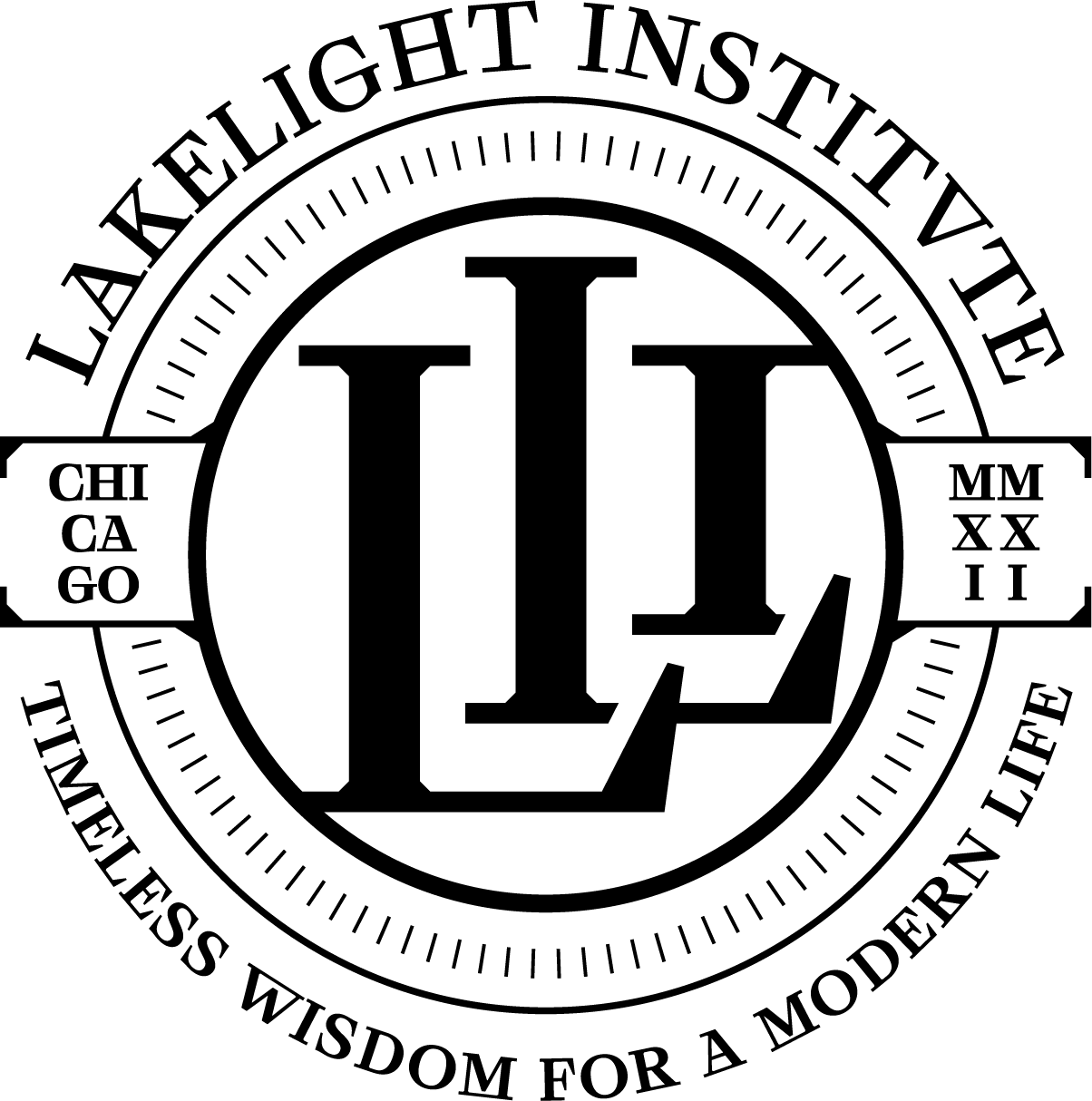5 Classics that Convey Christian Truth
F. Scott Fitzgerald (114 pgs, Scribner)
A reclusive millionaire pursues a woman with lavish parties in an era of excess and decadence. The Great Gatsby encapsulates the American Dream, its alluring mythos and deceptive charms.
Gospel Connection: Gatsby structures his life around recreating the past, while Christians can structure their lives around embracing the future. A clenched-fist attachment to the past ignores the gospel’s promise: that what lies ahead is far better than anything we leave behind.
Aldous Huxley (288 pgs, Harper Perennial)
Let’s see: a dystopian world where tech & pharmaceutical addictions provide immediate psychological relief, and where entertainment supersedes religion and the arts. Hmm….
Gospel Connection: Running from pain doesn’t lead to long-term fulfillment. Running to God, who comforts us in our affliction, lends meaning to our suffering — and to life itself.
Harper Lee (336 pgs, Harper Perennial Modern Classics)
To Kill A Mockingbird touches on themes which remain relevant: justice, courage, the moral ambiguities of human life, to name a few. The story revolves around heroic characters that no one would suspect.
Gospel Connection: Like the heroes of the book, it’s the last who become first, the unexpected and unwanted who reign in the Kingdom. Atticus’ self-sacrificial fight for righteousness mirrors another Man whose sacrifice earned our righteousness.
Fyodor Dostoevsky (565 pgs., Vintage)
Is it morally acceptable to murder someone? How can a tortured conscience find peace? Dostoevsky places the perennial human questions — of goodness & truth, sin & redemption — at the core of this classic novel.
Gospel Connection: Roskolnikov desperately yearns to receive forgiveness from his sins. Only God can give that. Crime and Punishment is about our need for grace, and how grace heals us.
Leo Tolstoy (896 pgs, Oxford University Press)
“All happy families are alike; each unhappy family is unhappy in its own way.”
So begins Tolstoy’s masterwork exploring how the passion of romance sits uneasy alongside the structure of domestic life.
Gospel Connection: Every character depicted in Anna Karenina is on a quest for Satisfying & Steadfast Love. That journey ends in Eternity.





